Your Clinic
SET A LOCATION
Your Clinic
SET A LOCATION
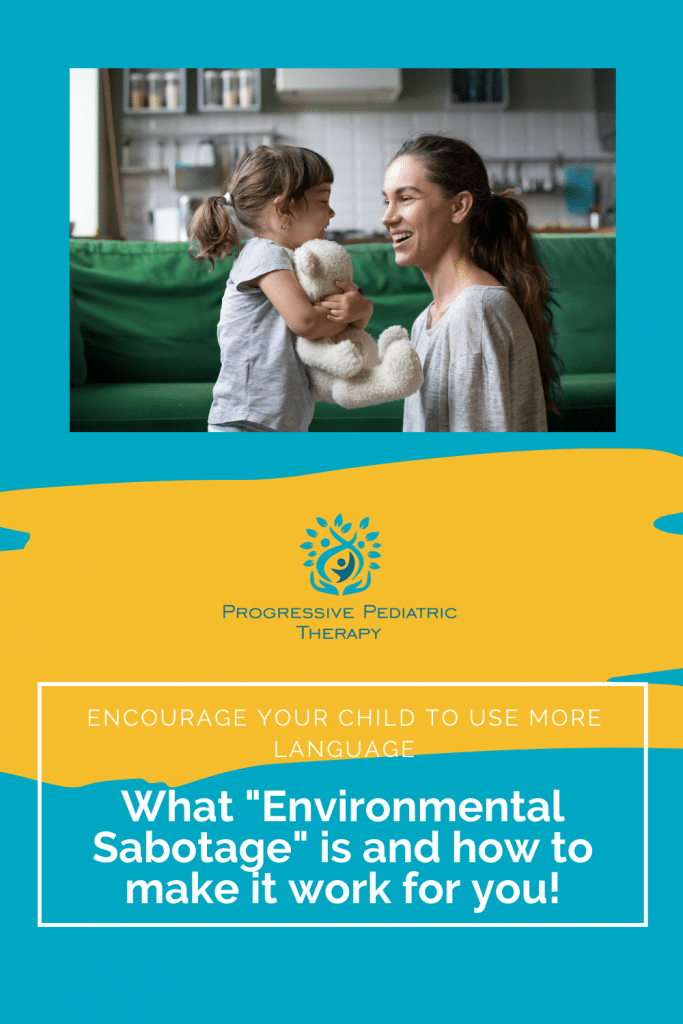
No one knows a child better than their parents/caregivers do. As parents, it’s your job to provide for your child’s needs and fulfill their wants to make your child happy. Before they even know what they want, you may make assumptions and offer what you think it is that they may want or need. However, as therapists, we use this feeling of wanting or needing something as a way to elicit and promote your child’s language development.
Environmental sabotage is the “art” or strategy of engineering the child’s environment or situation in order to create a necessity to communicate. If children are getting what they want without having to do any work to request it, why should the child bother communicating? Sabotage… out of love!
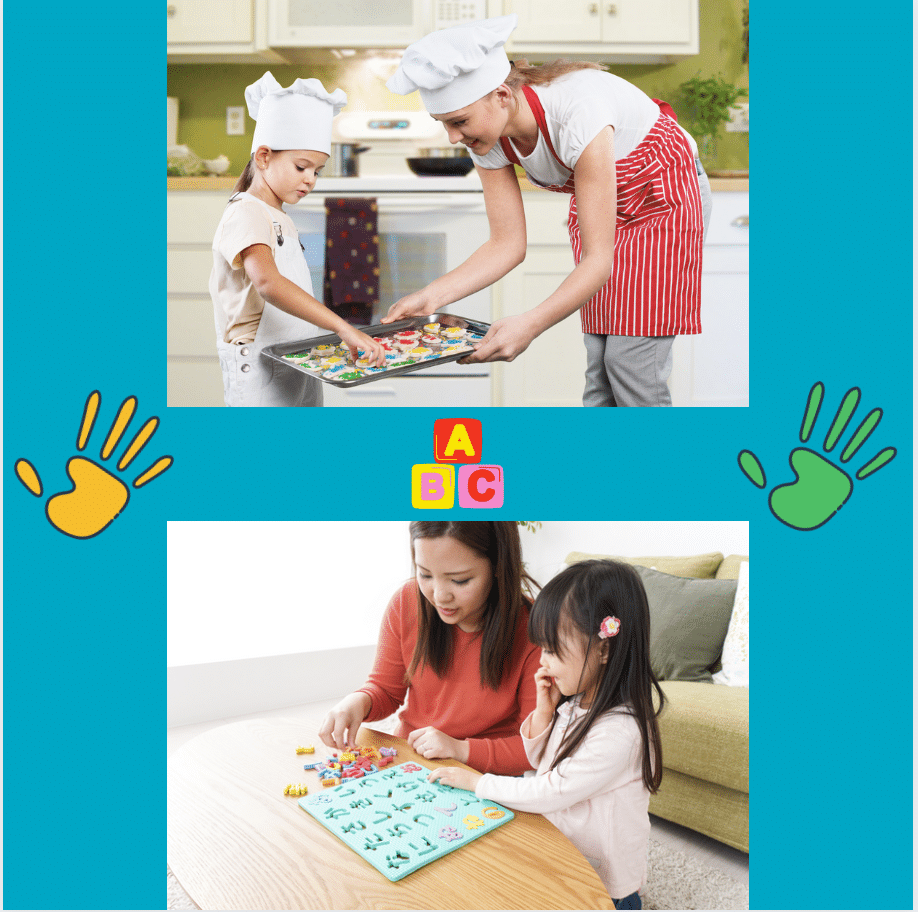
Let’s say your child goes to sleep every night and with his/her stuffed animal bunny. Before your child gets in bed where the bunny always is, you might “sabotage” your child’s environment by hiding the bunny. Your child will likely look around frantically and maybe cry or whine. Ideally, a little frustration will create the motivation for your child to look to you and request “help” or “bunny.” If your child still doesn’t make any effort to communicate after a few minutes, you can continue to act clueless and prompt your child to verbalize by asking “what’s wrong?” or “what do you need/want?” Eventually, you may “find” the bunny and hold it out of the child’s reach and tell the child to request “bunny.” Accepting verbal approximations, such as “buh buh”, may be okay. Your child still established the intent to communicate and used speech to make a request!
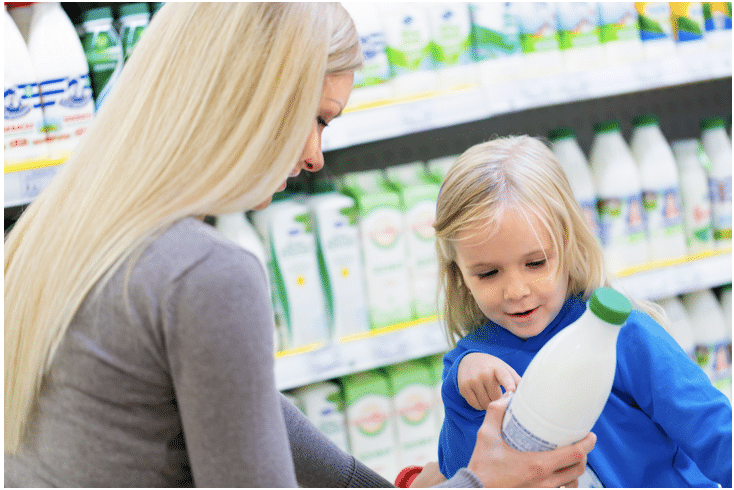
Creating these situations for your child to use effective communication is a good motivation to help them learn to use language. They learn that the best way to solve a problem is to use their words, not by crying or whining. Though we are creating a little frustration for the kids, we don’t want to cause them stress either.
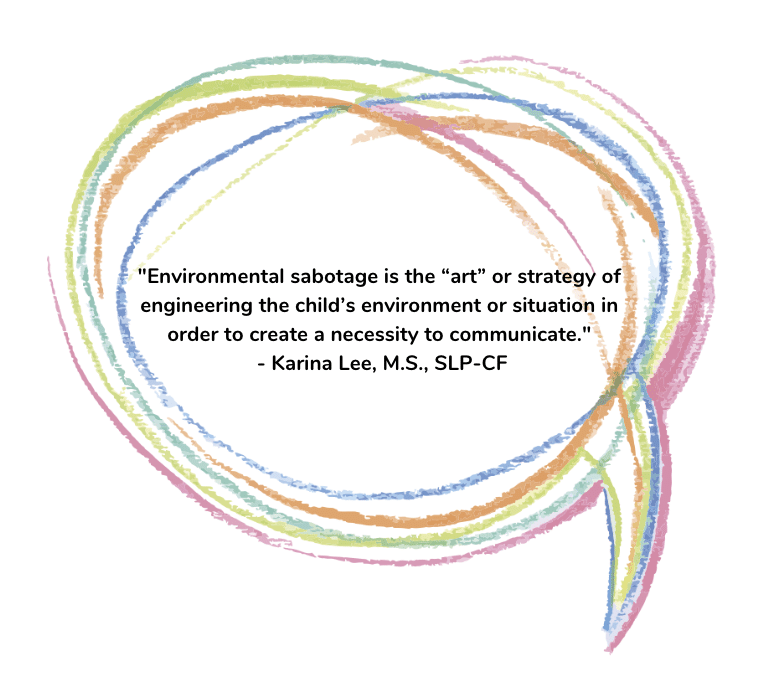
Here are some important tips when creating an “environmental sabotage” situation:
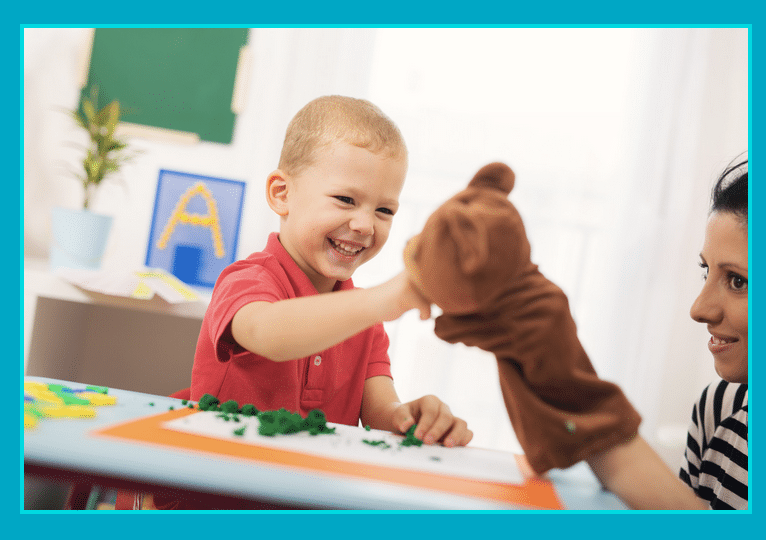
The post Encourage Your Child to Use More Language appeared first on PPT4Kids.


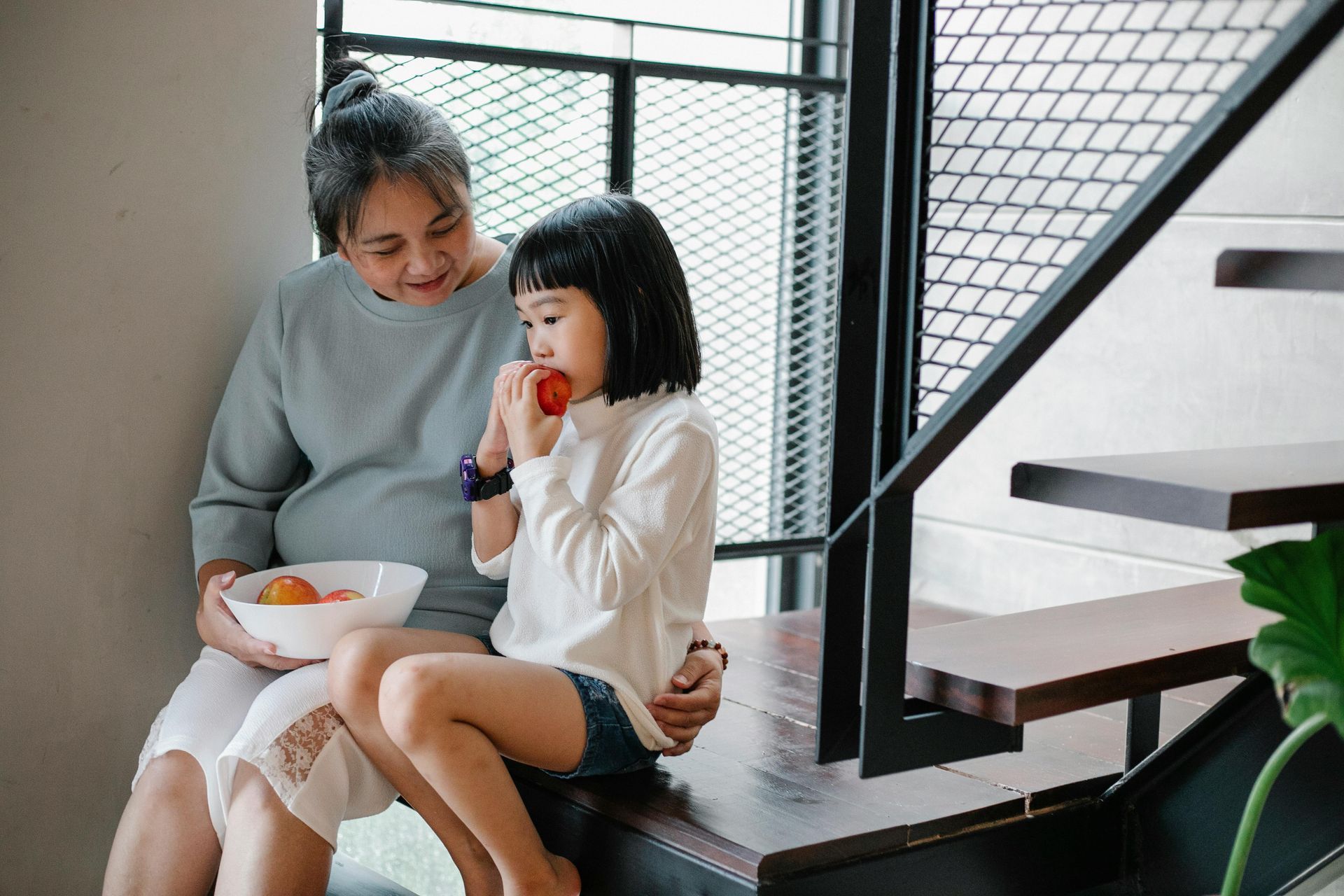
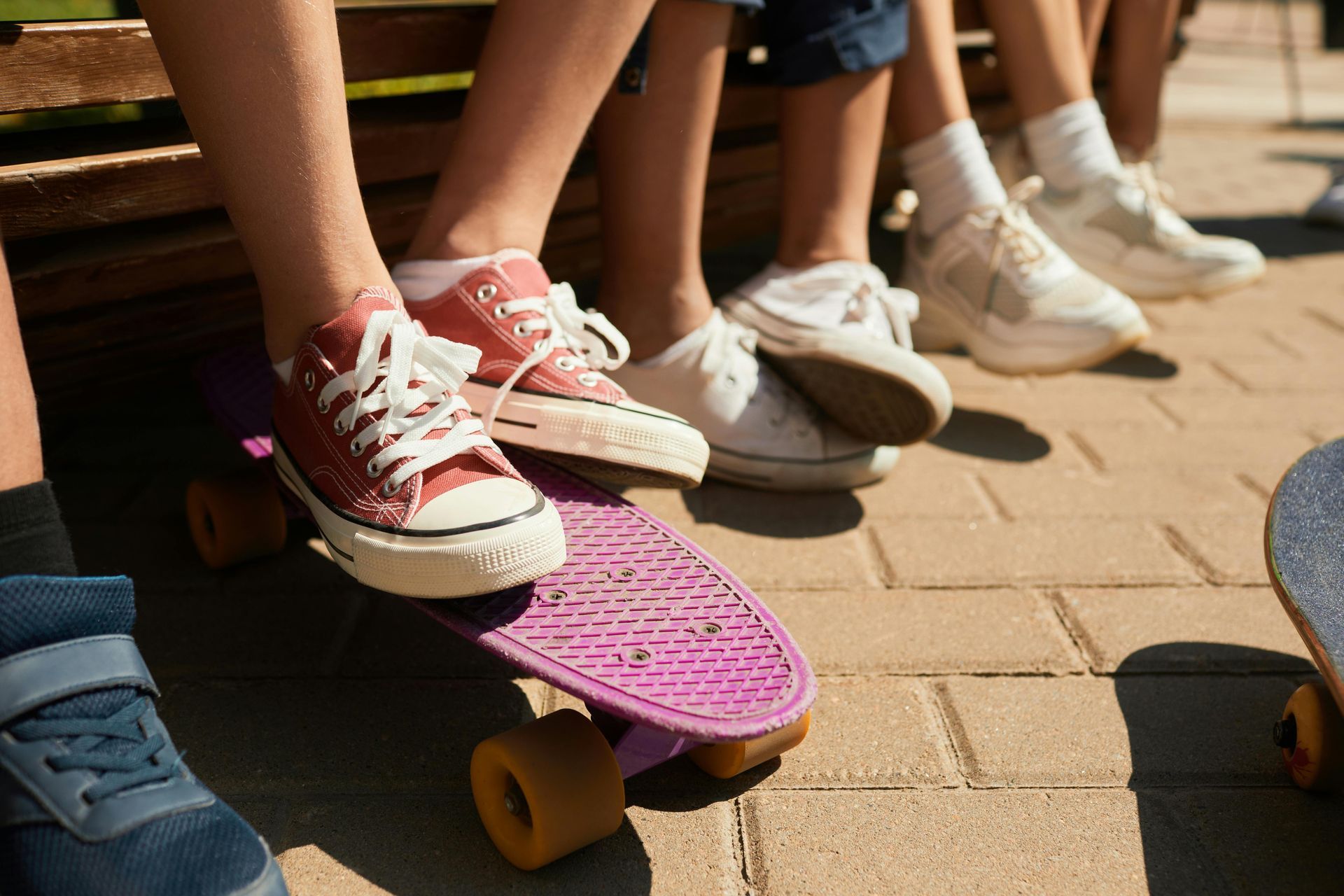


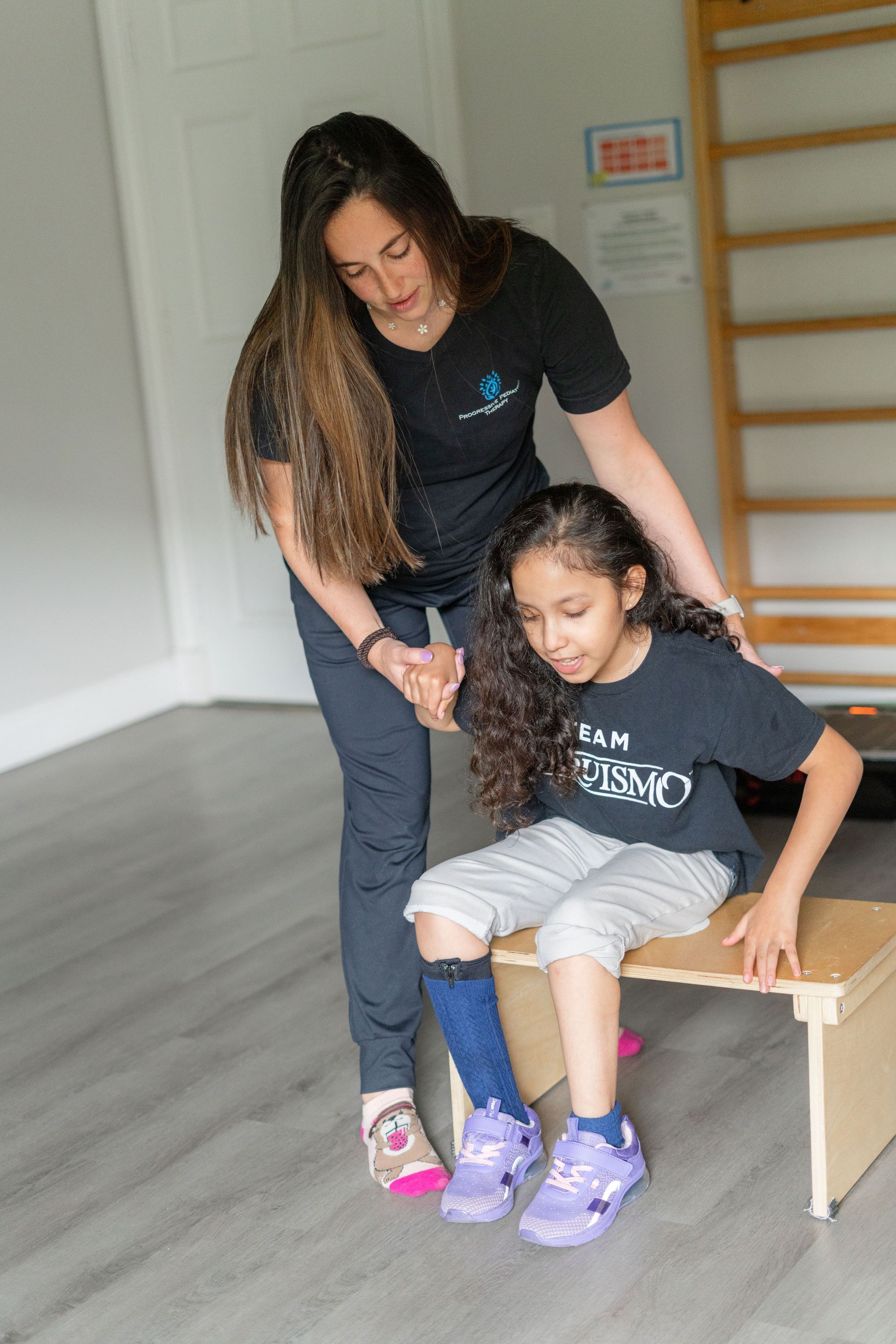
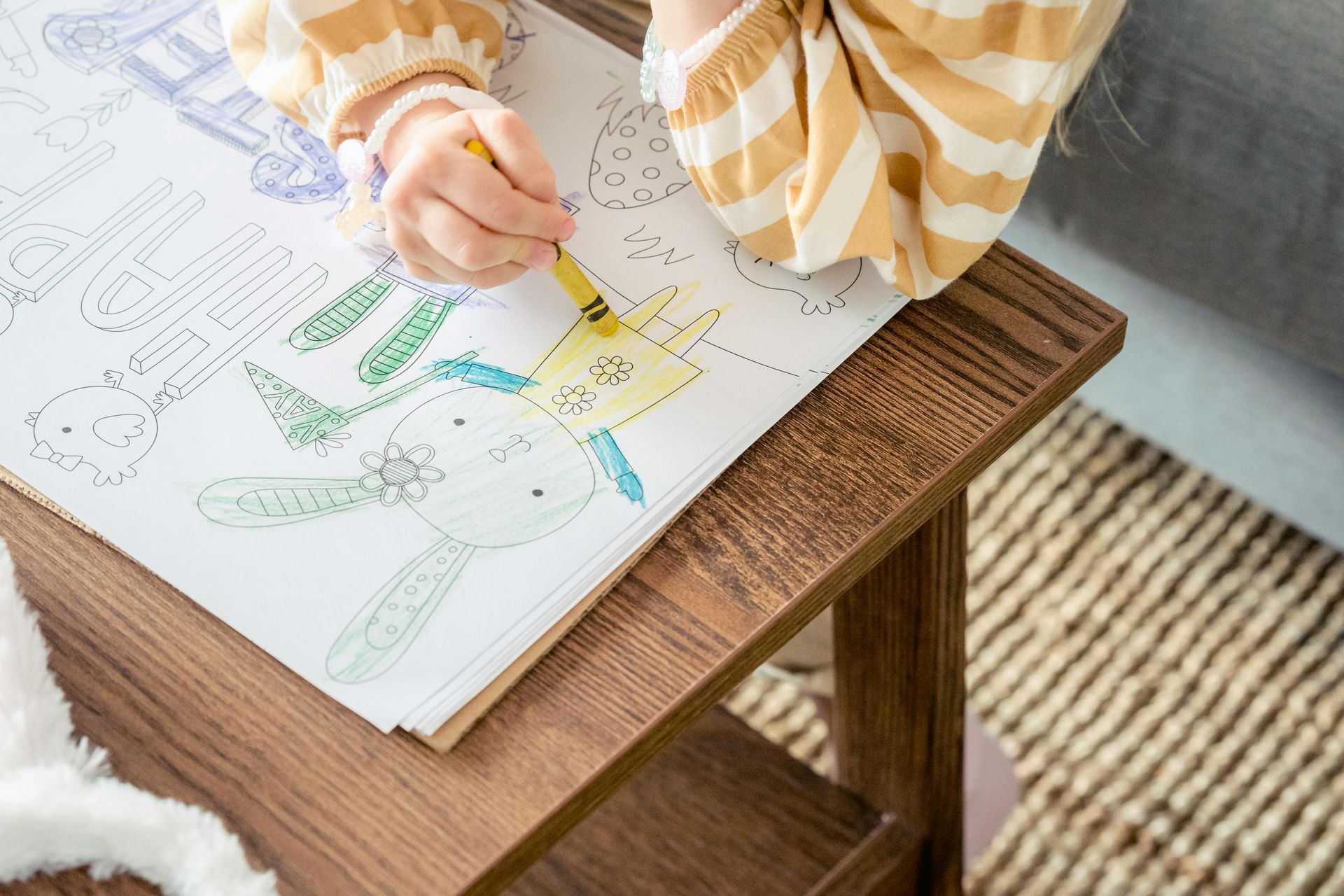
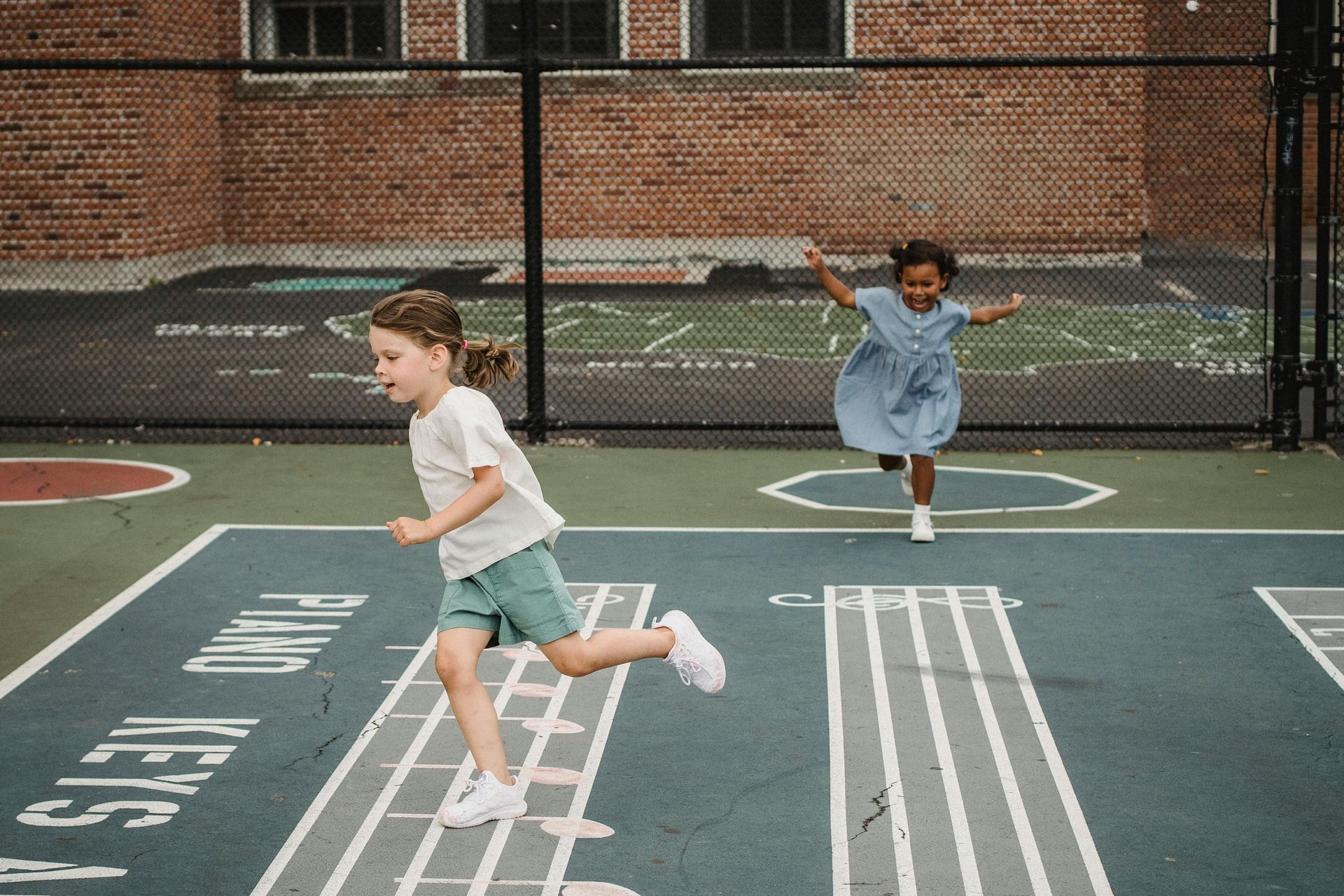
We empower children, families, and the community to learn, grow, and celebrate every child's unique abilities.
Quick Links
Contact Details
Phone: 561-376-2573 | 561-918-0190
Fax: 561-218-4939
VIP Concierge: 561-717-1764
Clinic Locations
All Rights Reserved | Progressive Pediatric Therapy, Inc. | Privacy Policy | Terms of Service
Site by Spearlance